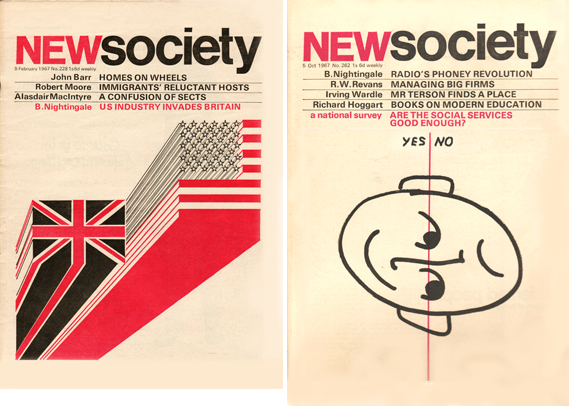Habermas’ public sphere is vital for journalism undergrad students to understand (if only to critique) but in looking around for source texts I am disappointed to find not only is H himself rather hard to follow (obviously when translated into English) but the works I have been given in the past to summarise and discuss him (Calhoun 1992; Habermas 1974; Peters 1993) are themselves (in my view) rather too sophisticated to give to undergraduates.
A few months ago there was a discussion on the Association of Internet Researchers email list about good texts which mentioned quite a few – if you are interested you might want to go fish in those suggestions but my skim of some of the discussion led me to think they were also too sophisticated for my students.
Here are a few suggestions of mine:
There’s a good intro to the concept with references in (Franklin, 2005) but it’s only 550 words long.
It led me on to (Manning, 2001) which has a very good first chapter touching on the public sphere and critiques of it – the only problem with this is that it’s not designed as a ‘stand-alone’ argument – it’s in the middle of a longer text. Also, it isn’t freely available online. Which led me on to a source that you may not know (Thornton, 2001). As a Masters student she put her thesis “Does the Internet Create Democracy?” up online in a sophisticated easy to navigate form and she was later published in Ecquid Novi and put the text of that up online too. It is a clear, well-referenced discussion of the public sphere with some clearly-written critiques and good early discussion of the limitations and potentials of using the internet as a means to revitalise the public sphere. Alas, she did not continue along an academic career path and she died young in 2010. I hope this post encourages other scholars to use her work to teach with.
I am still ‘in the market’ for other suggestions of good intro-level texts about journalism, the public sphere, and critiques of Habermas’ ideas, so please comment if you have ideas – preferably texts that are open access…
Bibliography
Calhoun, C. (1992). Introduction. In C. Calhoun (Ed.), Habermas and the public sphere (pp. 1-48). Cambridge, Mass: MIT Press
Franklin, B., Hamer, M., & Hanna, M. (2005). Key concepts in journalism. London: SAGE.
Habermas, J. (1974). The public sphere: an encyclopaedia article. New German Critique, 1(3), pp. 49-55.
Manning, P. (2001). News and news sources : a critical introduction. London: Sage.
Peters, J. D. (1993). Distrust of Representation: Habermas on the Public Sphere. Media, Culture & Society, 15(4), 541 – 572.
Thornton, A. L. (2001). Does the internet create democracy? Ecquid Novi: African Journalism Studies, 22(2), 126-147. Retrieved from http://www.zipworld.com.au/~athornto/

